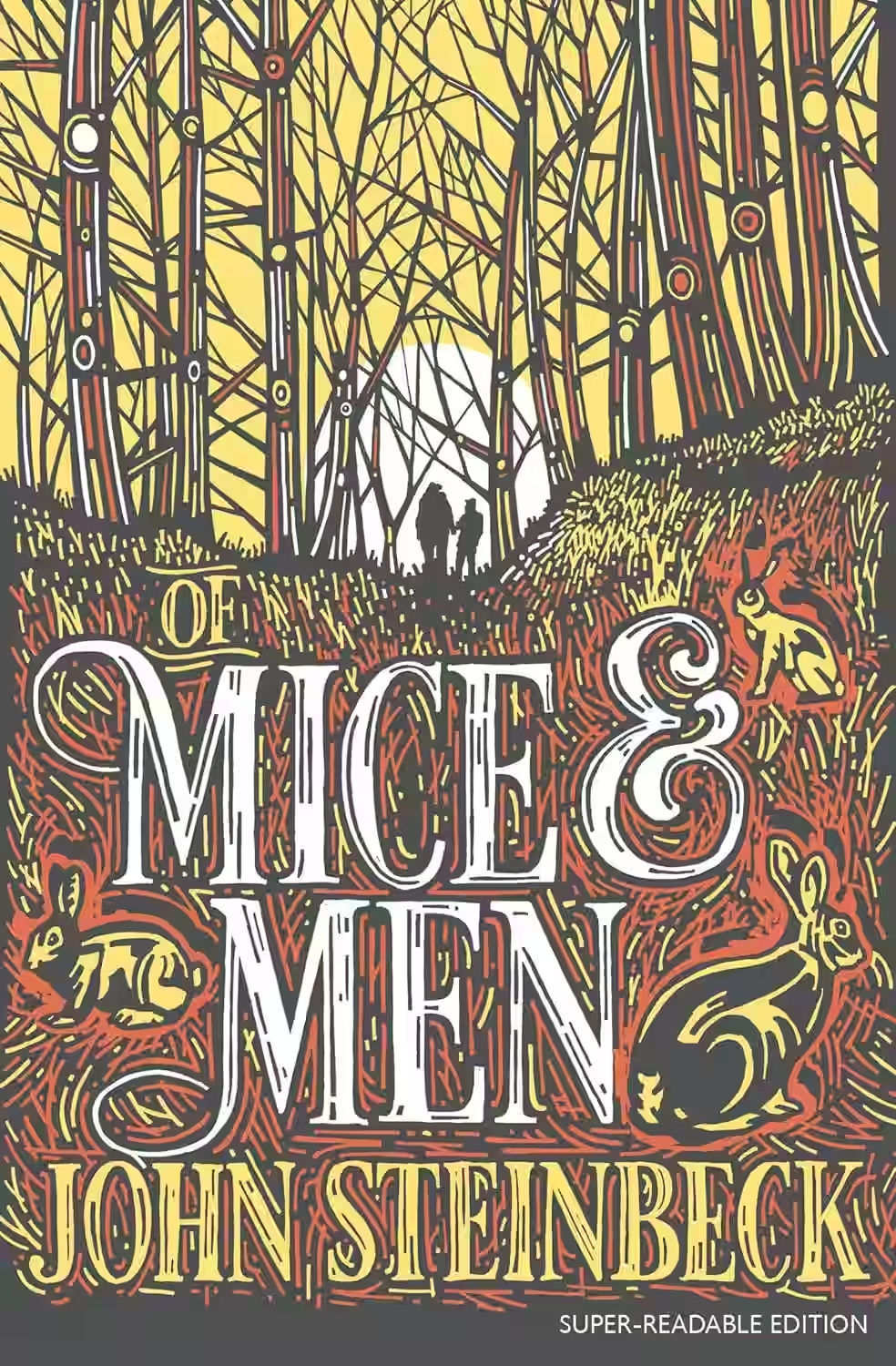
John Steinbeck's Of Mice and Men is one of the best loved novellas of all time. Two drifters - small, shrewd George and huge, simple-minded Lennie - get work on a ranch, planning to raise enough money to get a place of their own and live off the land, if George can save his childlike, bull-strong friend from getting into trouble. A powerfully moving story of friendship, Of Mice and Men is a simply told masterpiece.
About John Steinbeck
A Nobel Prize-winning American author whose powerful novels often depicted the lives of working-class people and explored themes of social injustice, poverty, and the human spirit. Works like The Grapes of Wrath and Of Mice and Men are celebrated for their realistic portrayals of American life during the Great Depression and their enduring exploration of human dignity and resilience. Steinbeck's compassionate storytelling made him a significant voice in American literature.
Other Books by John Steinbeck

East of Eden
Set in the rich farmland of the Salinas Valley, California, this powerful, often brutal novel, follows the interwined destinies of two families - the Trasks and the Hamiltons - whose generations hopelessly re-enact the fall of Adam and Eve and the poisonous rivalry of Cain and Abel. Here Steinbeck created some of his most memorable characters and explored his most enduring themes- the mystery of indentity; the inexplicability of love, and the murderous consequences of love's absence.
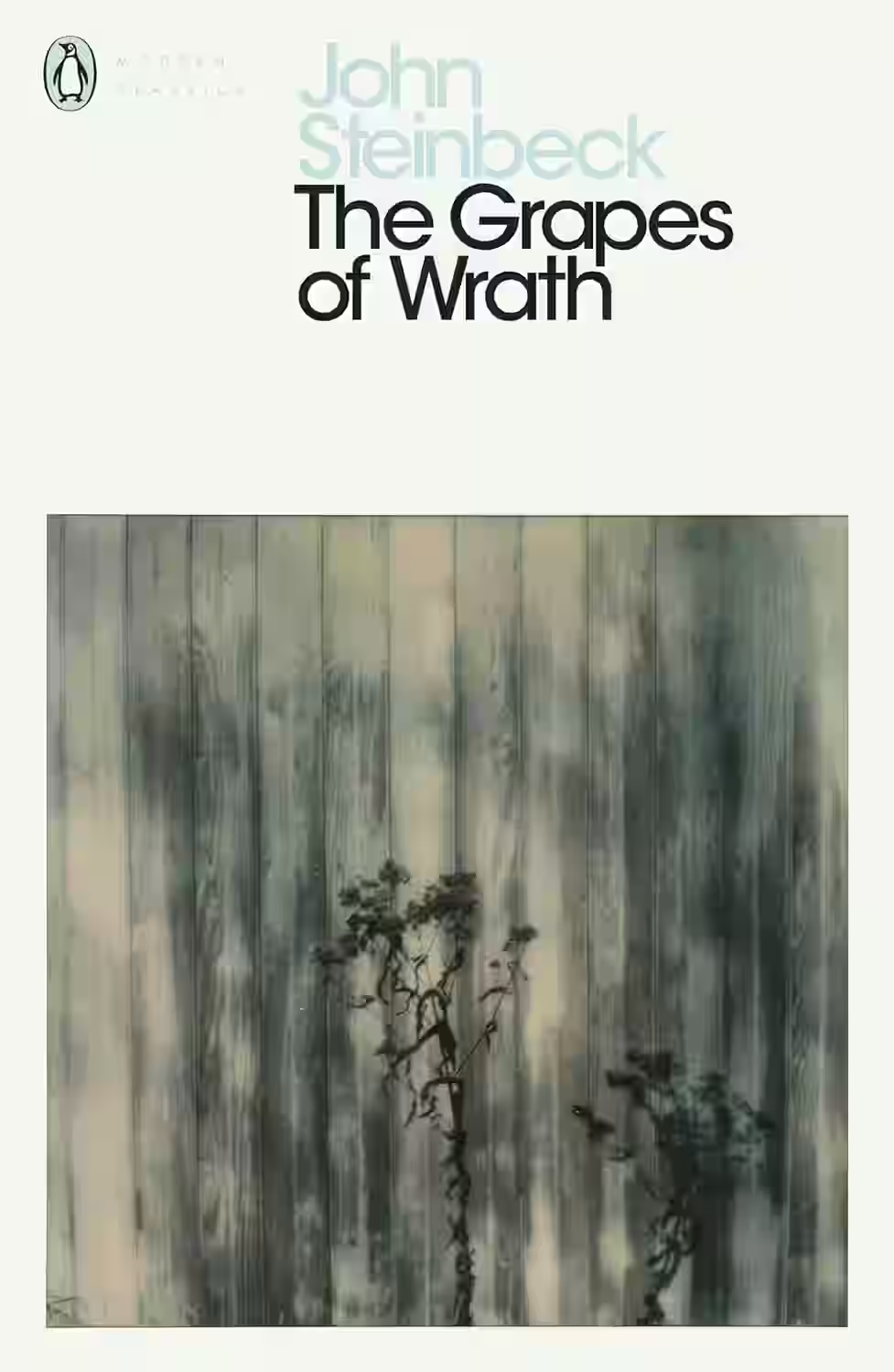
The Grapes of Wrath
Shocking and controversial when it was first published in 1939, Steinbeck's Pulitzer prize-winning epic remains his undisputed masterpiece. Set against the background of dust bowl Oklahoma and Californian migrant life, it tells of the Joad family, who, like thousands of others, are forced to travel West in search of the promised land. Their story is one of false hopes, thwarted desires and broken dreams, yet out of their suffering Steinbeck created a drama that is intensely human, yet majestic in its scale and moral vision; an eloquent tribute to the endurance and dignity of the human spirit.
Similar Books

A Letter From An Unknown Woman
by Stefan Zweig
Written in 1920s, Stefan Zweig tells the story of a woman who is unrecognised and unrequited lover in Letter From Unknown Woman. This nameless young woman reached her unaware lover with this long letter by telling their memories from first day. As reader, while appreciating the patience of life long silence and hiding we don't know this woman as her lover who read the letter never recognised her too. With Zweig's literary talent this book has an unforgetable importance in our literature by emotion of being effaced that derived from never known; based on depth psychological side and human's love feeling we can find out darker sides and obsessions of people via this short but impressive book. Every reader who knows Zweig's success will admiringly read this book which is less known considering the other novels.
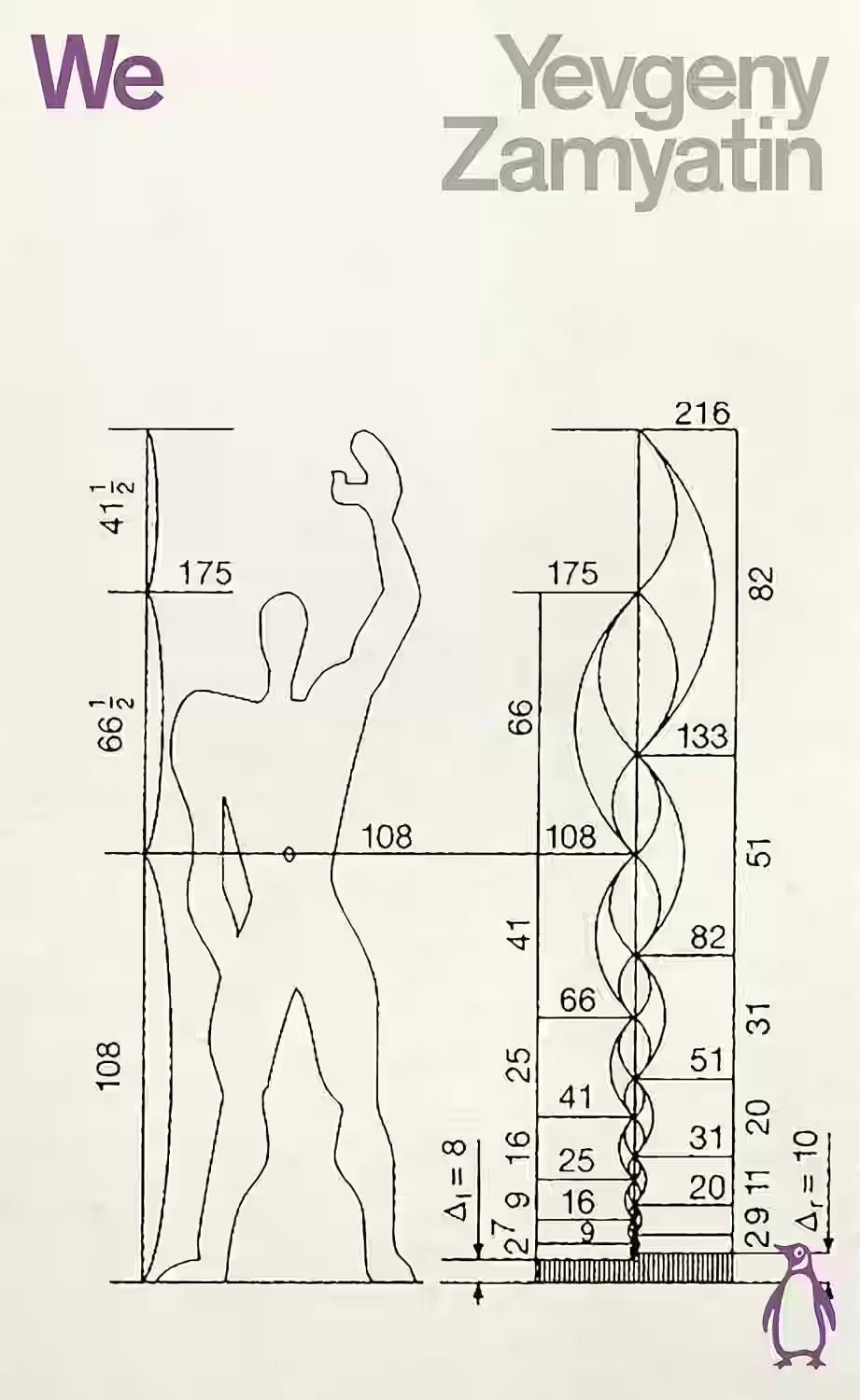
We
Yevgeny Zamyatin's "We" is a seminal piece of dystopian literature that prefigures many themes explored by later classic works like Orwell's "1984" and Huxley's "Brave New World." Set in the highly regimented One State, a society where individuals are mere cogs in a larger machine and personal freedom is subjugated to an absolute and oppressive ideology, the novel explores the nature of individuality and freedom through the protagonist, D-503, a mathematician who begins to question the infallibility of the state after falling in love with a mysterious woman. Zamyatin's work is notable not just for its powerful narrative and rich characterizations, but also for its incisive critique of authoritarianism and its enduring philosophical questions about the human condition, making it a profound and timeless read.
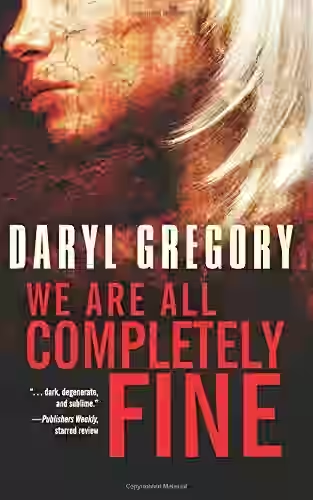
We Are All Completely Fine
This darkly inventive novella follows a support group for survivors of supernatural horrors—each carrying physical and psychological scars from their pasts. As they share their experiences, secrets unravel, and a hidden menace emerges. Gregory blends horror, psychological fiction, and sharp wit, using the group therapy format to explore trauma, identity, and the blurry line between sanity and reality. We Are All Completely Fine is a clever, unsettling story that deconstructs horror tropes while delivering a suspenseful, character-driven narrative. It’s both chilling and thought-provoking, with a haunting emotional core.
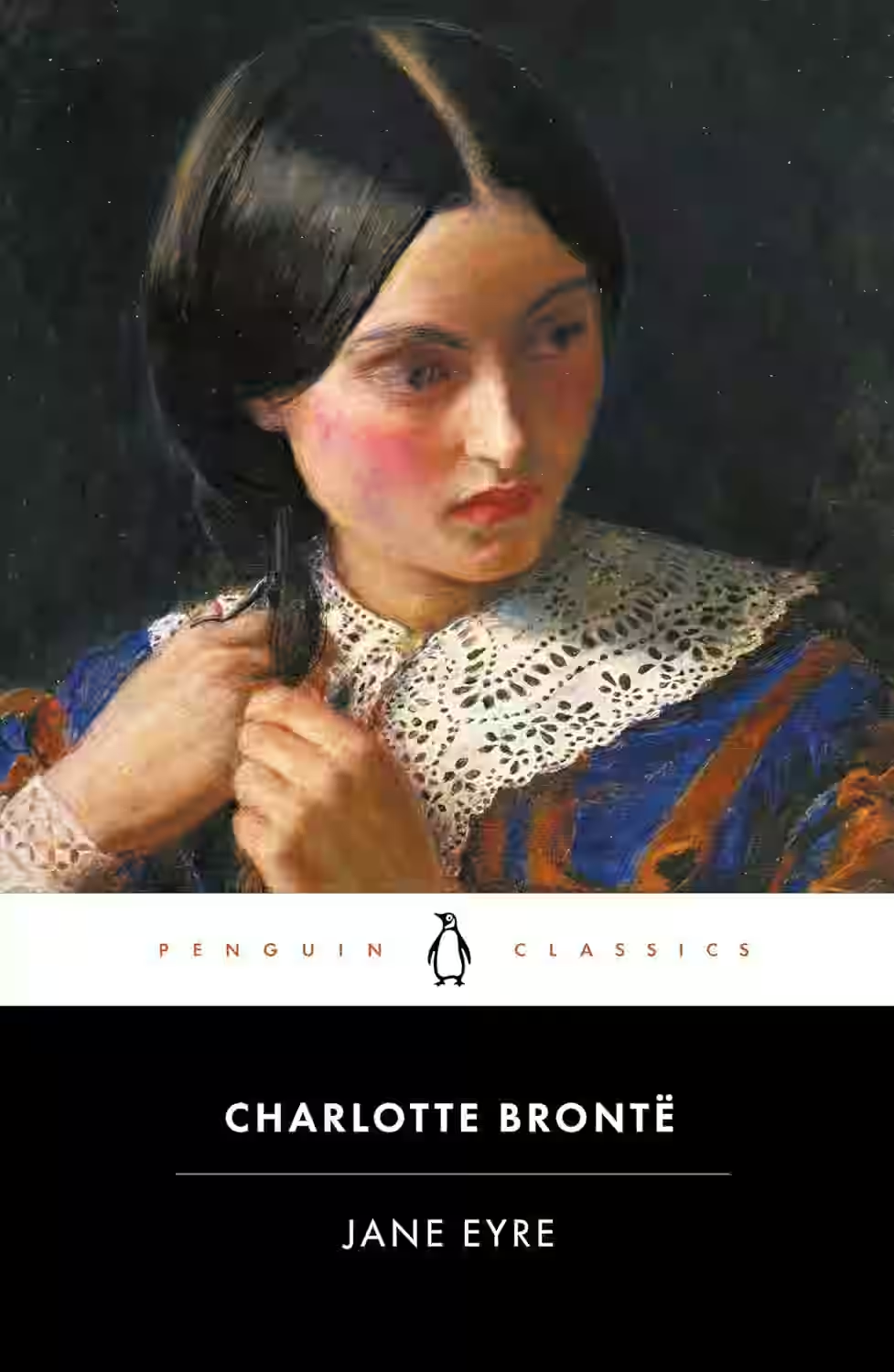
Jane Eyre
Charlotte Brontë’s Jane Eyre follows an orphaned girl who overcomes hardship and repression to find independence and love. As a governess at Thornfield Hall, Jane falls for the brooding Mr. Rochester, only to discover he harbors a dark secret. The novel explores themes of morality, autonomy, gender roles, and spiritual integrity. Noted for its strong, principled heroine and gothic atmosphere, Jane Eyre blends romance with social critique, cementing its place as a foundational feminist and literary classic.